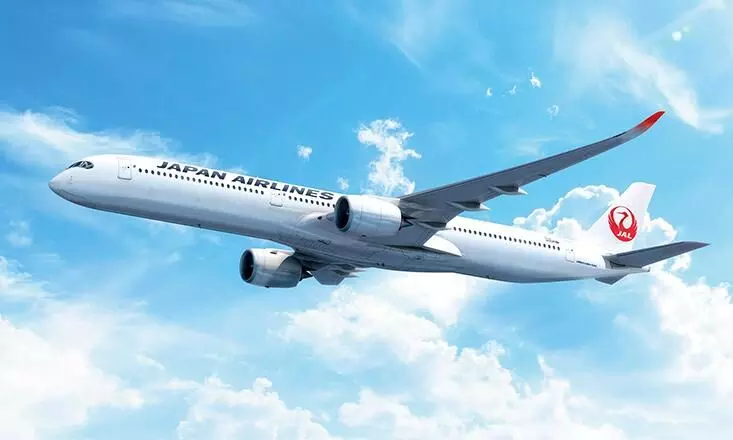
Japan Airlines Co., Ltd. (JAL) has announced the launch of “J SOLUTIONS PHARMA CELLS,” a specialized cell transport service designed to meet the growing logistical needs of the regenerative medicine sector. The service officially begins operations on July 7, 2025.
As regenerative medicine continues to advance rapidly—fueled by technologies such as iPS cells and growing demand for new treatments for diseases like Parkinson’s—there is a critical need for safe, fast, and highly controlled transport of therapeutic cells. JAL is leveraging its extensive pharmaceutical logistics expertise to deliver a dedicated solution that addresses these evolving requirements.
Key Features of “J SOLUTIONS PHARMA CELLS”
1. Specialized Cell Handling
The service ensures secure transport of live, cryopreserved, and cell-derived products, backed by JAL’s deep experience in pharmaceutical cargo.
2. Fast and Prioritized Transit
Shipments can be submitted just 90 minutes before departure, with delivery completed within 90 minutes of arrival. The service is initially available at Narita, Haneda, and Kansai Airports, along with 10 major international hubs, with plans for global expansion.
3. Enhanced Risk Management
Sensitive cargo is handled separately from general shipments during airport transfer, minimizing contamination and maintaining product integrity.
This initiative builds upon JAL’s established capabilities in pharmaceutical logistics. The airline holds IATA’s CEIV Pharma certification and operates dedicated pharma storage facilities at Narita and Kansai Airports—ensuring compliance with global quality standards.
With Japan’s Cabinet Office projecting a tenfold increase in the regenerative medicine market over the next decade, JAL sees this as both a challenge and a business opportunity. By offering tailored logistics support, “J SOLUTIONS PHARMA CELLS” aims to accelerate the global availability of advanced treatments and reinforce JAL’s commitment to improving healthcare logistics.
Through this service, JAL strives to be a key enabler in the advancement of regenerative medicine—contributing to broader societal well-being and the global healthcare ecosystem.

